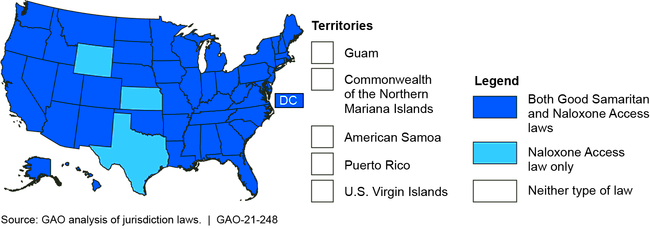Does Michigan Have a Good Samaritan Law and What It Means for You
Good Samaritan laws are designed to encourage people to assist others in emergency situations without the fear of legal repercussions. These laws aim to protect individuals who voluntarily provide help during emergencies, such as medical crises or accidents. By removing the fear of lawsuits, these laws promote a culture of kindness and support. Understanding these laws is essential for anyone who might find themselves in a situation where they can help someone in need.
Overview of Michigan’s Good Samaritan Law
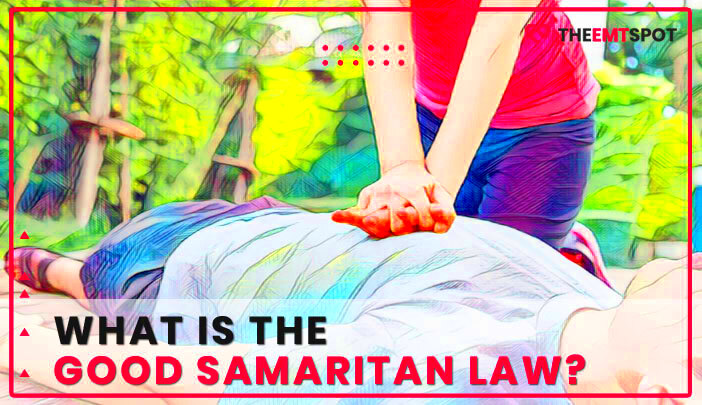
Michigan’s Good Samaritan Law offers protection to those who assist others during emergencies. Here’s a quick overview of the key points:
- Legal Protection: Individuals who provide emergency assistance are generally protected from liability if they act in good faith.
- Types of Emergencies: The law applies to various situations, including medical emergencies, accidents, and natural disasters.
- Limitations: The law does not protect individuals who act recklessly or with gross negligence.
Overall, this law encourages bystanders to help without hesitation, knowing they are legally protected as long as they act reasonably. However, understanding the specifics is crucial for anyone wanting to lend a hand.
Who is Protected Under the Law
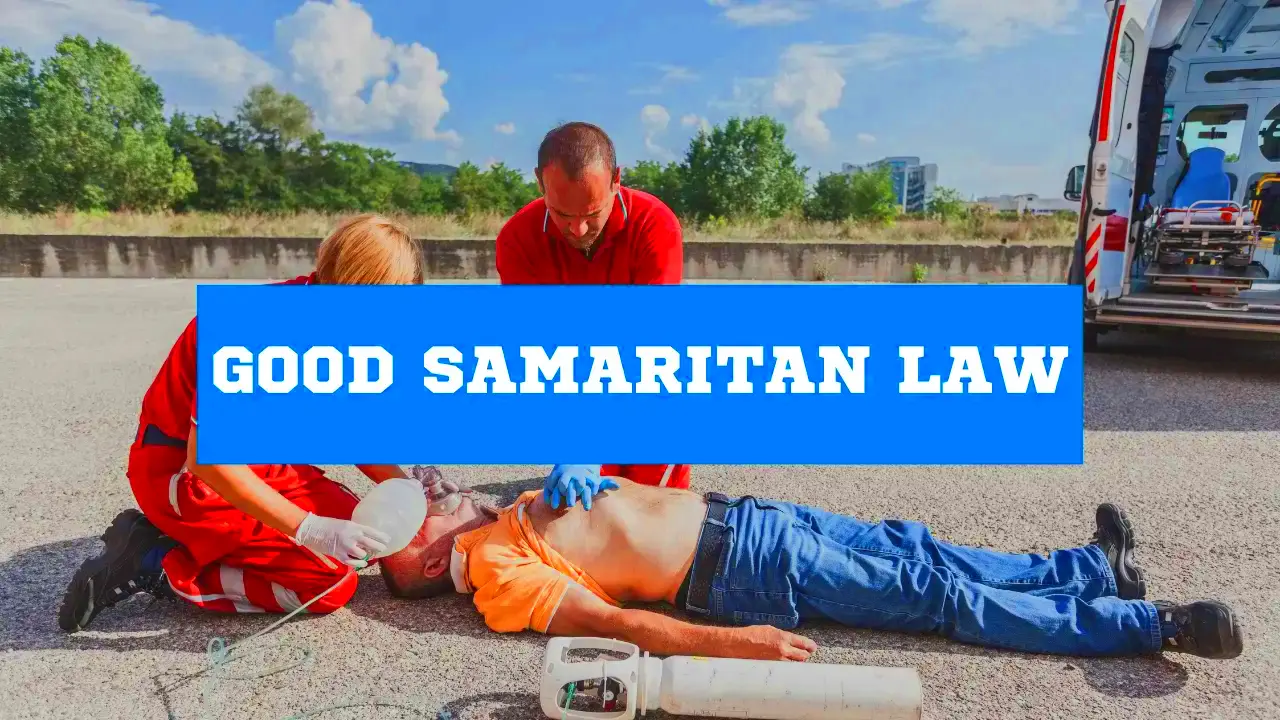
Michigan’s Good Samaritan Law primarily protects individuals who provide emergency assistance in good faith. Here’s a breakdown of who qualifies for this protection:
- Bystanders: Ordinary citizens who step in to help during an emergency, such as administering CPR or calling for help.
- Medical Professionals: Healthcare providers who offer assistance outside their usual practice are also covered under the law.
- Emergency Responders: Police, firefighters, and paramedics are protected when acting in their capacity to help.
It’s important to note that the protection applies only if the actions taken were reasonable and intended to assist the person in need. If someone acts recklessly or fails to follow established medical guidelines, they may not be protected under this law.
What Actions Are Covered by the Law
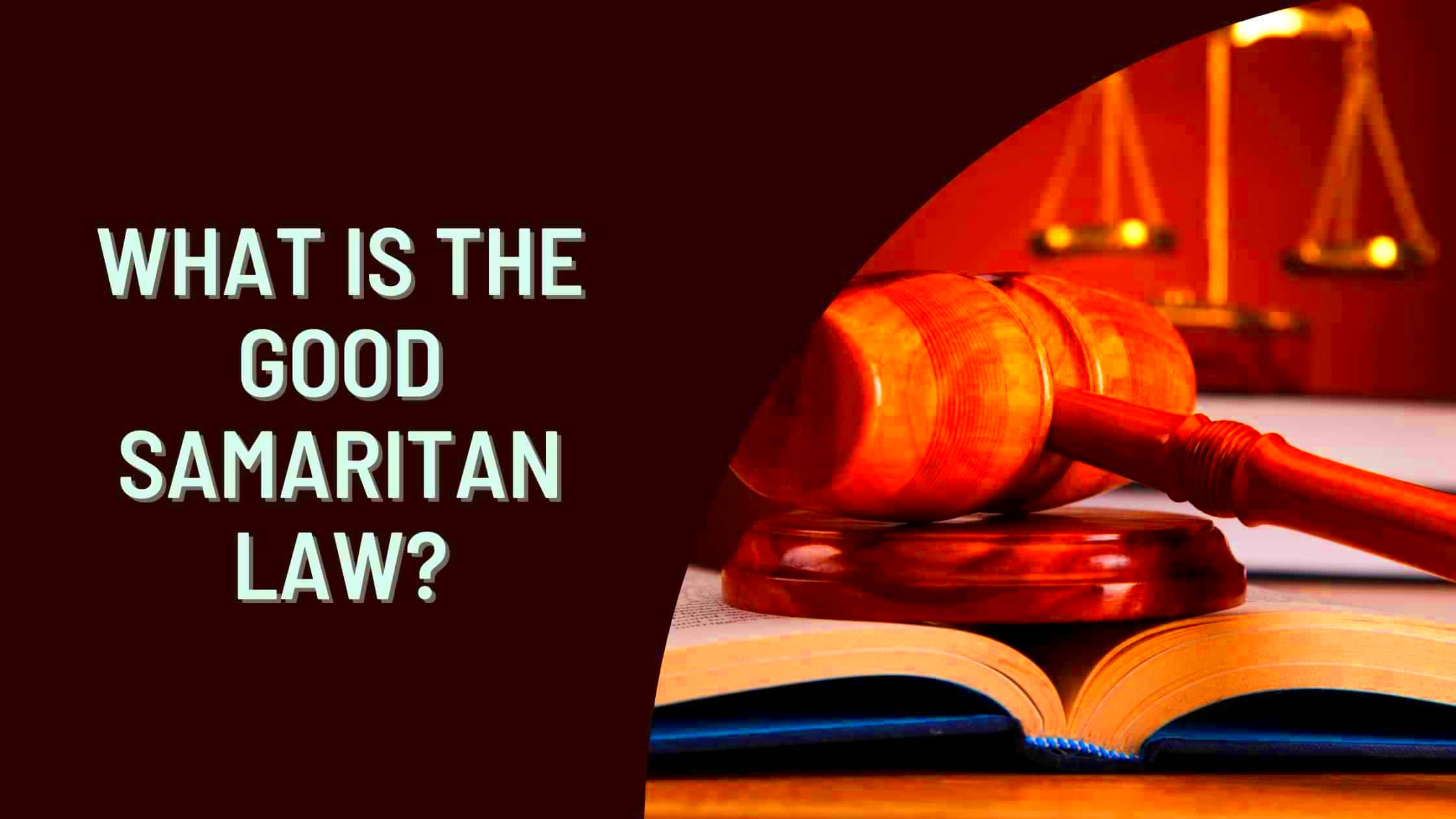
The Good Samaritan Law in Michigan covers a range of actions that individuals can take when they see someone in distress. Understanding what actions are protected can empower people to help others without fear. Here’s a closer look at the types of actions that fall under this law:
- Administering First Aid: If you have basic first aid knowledge, you can perform lifesaving techniques, such as CPR or wound care, and be protected under the law.
- Calling Emergency Services: Simply dialing 911 or directing others to call for help is considered a protected action.
- Using an AED: If you use an Automated External Defibrillator (AED) in an emergency, you are protected from liability, provided you act in good faith.
- Assisting During a Natural Disaster: Helping someone during a flood, earthquake, or other disaster situations is also covered.
These actions demonstrate the spirit of the Good Samaritan Law—encouraging people to step in and help when they can. However, remember that this protection only applies if the actions are taken in good faith and without gross negligence.
Limitations of the Good Samaritan Law
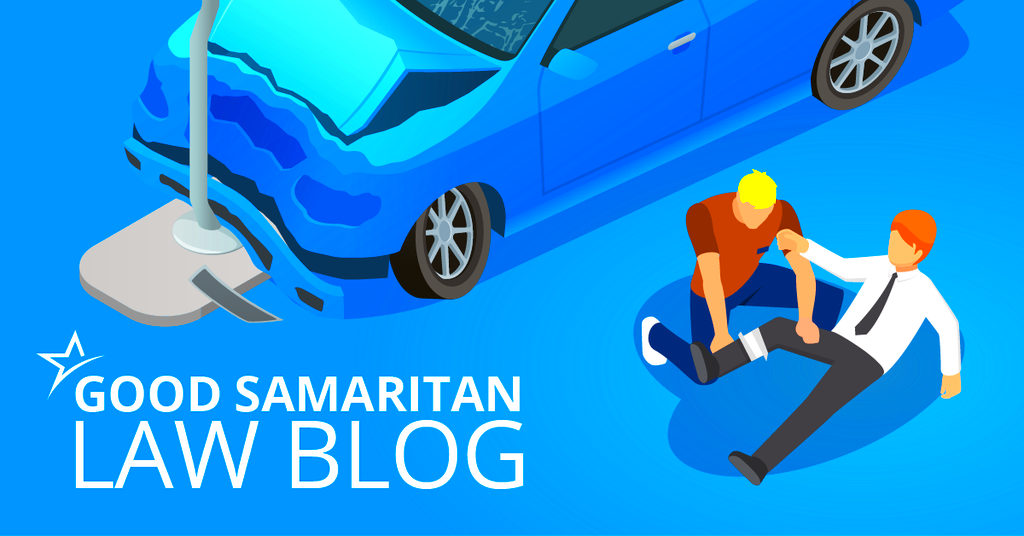
While Michigan’s Good Samaritan Law provides valuable protections, it’s essential to be aware of its limitations. Understanding these restrictions can help you navigate potential legal pitfalls. Here are some key limitations:
- Gross Negligence: If a person acts with gross negligence or reckless behavior, they may not be protected. This means actions that are significantly unreasonable and could worsen the situation.
- Unlicensed Medical Professionals: If a non-medical professional attempts to provide medical assistance beyond their skill level, they may face liability.
- Intentional Harm: If someone deliberately causes harm while attempting to help, the protections of the law will not apply.
In essence, while the Good Samaritan Law is meant to protect those who genuinely want to help, it does not provide a free pass for reckless or harmful actions. Being aware of these limitations can guide individuals in making safe and responsible decisions during emergencies.
How the Law Affects Emergency Responders
The Good Samaritan Law has significant implications for emergency responders, such as police, firefighters, and paramedics. These professionals often face high-stress situations where quick decisions can mean the difference between life and death. Here’s how the law impacts them:
- Legal Protections: Emergency responders are shielded from liability when they act in good faith and within the scope of their training, even if their actions unintentionally cause harm.
- Encouragement to Act: The law encourages emergency responders to intervene swiftly, knowing they are protected as long as their actions are reasonable.
- Scope of Action: The protections extend to various scenarios, including providing emergency care at the scene of an accident or responding to a medical emergency in public.
However, it’s crucial for responders to remain within their training limits and adhere to established protocols. If they exceed these boundaries, they could face legal repercussions. Overall, the Good Samaritan Law fosters a safer environment for both responders and those in need, promoting timely assistance during emergencies.
Implications for Bystanders
Bystanders often find themselves in situations where someone needs help. The Good Samaritan Law in Michigan plays a crucial role in encouraging them to take action. Understanding the implications of this law can empower bystanders to step in without hesitation. Here are some key points to consider:
- Encouragement to Help: Knowing that they are legally protected encourages bystanders to provide assistance in emergencies.
- Types of Help: Bystanders can offer a range of assistance, such as calling for help, providing basic first aid, or simply staying with someone until professional help arrives.
- Protection from Liability: As long as they act in good faith and do not engage in reckless behavior, bystanders are shielded from legal repercussions.
However, it’s important for bystanders to assess the situation carefully. Acting quickly is vital, but understanding one’s limits is equally important. Bystanders should not attempt complex medical procedures if they lack the necessary skills. Overall, the Good Samaritan Law creates a supportive environment where individuals feel empowered to help those in need.
Conclusion
In summary, Michigan’s Good Samaritan Law is a vital piece of legislation that encourages individuals to assist others in emergencies without the fear of legal consequences. This law benefits not only bystanders but also emergency responders and the public at large. By understanding the actions covered, the limitations in place, and the protections afforded to those who help, individuals can feel more confident in their ability to intervene during critical moments. Ultimately, the law promotes a culture of compassion and support, urging everyone to lend a hand when they can.
FAQ
What is the Good Samaritan Law?
The Good Samaritan Law protects individuals who assist others in emergencies from legal liability, as long as they act in good faith and without gross negligence.
Are bystanders protected if they attempt CPR?
Yes, as long as they act reasonably and without reckless intent, bystanders who perform CPR are protected under the law.
Can someone be sued for trying to help?
Generally, no. The Good Samaritan Law provides legal protection against lawsuits for those who help in emergencies, provided they do not act with gross negligence.
Does the law apply to medical professionals?
Yes, medical professionals are protected under the Good Samaritan Law when they provide assistance outside their usual practice, as long as their actions are reasonable.
What should I do if I witness an emergency?
Assess the situation quickly and call for help. If you feel capable, provide basic assistance, but know your limits and avoid taking unnecessary risks.
